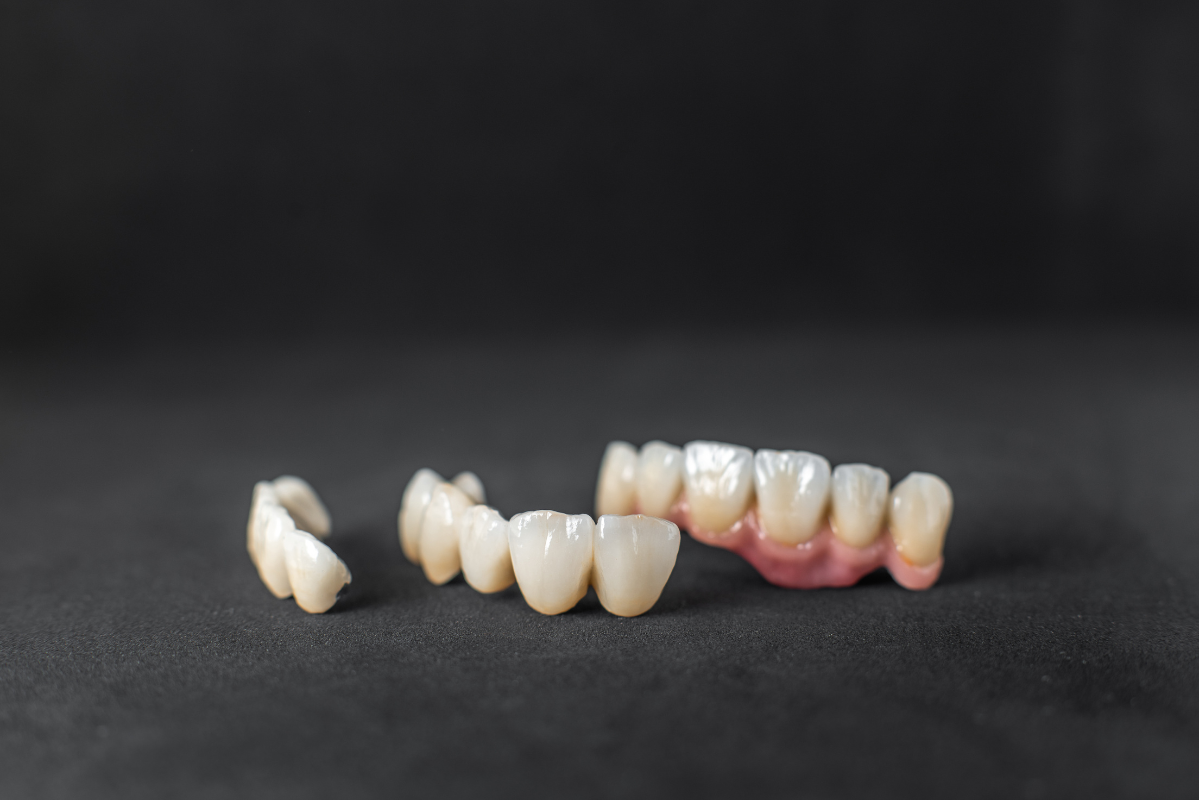
Tips For Dealing With Dental Anxiety
September 29, 2023
Dental Anxiety
Welcome to our blog, in which we’ll be discussing dental anxiety. You are not alone if the mere thought of sitting in a dentist’s chair causes your pulse to race and your palms to sweat. Numerous people suffer from dental anxiety, causing them to avoid necessary dental care out of dread and discomfort. But do not despair! This article will examine dental anxiety, its potential causes, and, most importantly, useful strategies for overcoming it. So settle back and prepare to learn how to overcome your anxieties and take charge of your oral health!
Dental Anxiety: What Is It?
Dental anxiety, also called odontophobia or dental phobia, is a mental condition that causes a person to be very afraid of and worried about going to the dentist. It’s more than the normal nervousness or unease that many people feel before going to the doctor’s office.
For people with dental anxiety, just thinking about even simple treatments can cause a lot of panic and stress. This fear often comes from bad situations at the dental office in the past, like being in pain or feeling helpless and out of control while sitting in a chair.
Anxiety about the dental treatment can cause anything from mild discomfort to serious panic attacks. Before a meeting, this can show up as a faster heartbeat, sweating, trembling, having trouble breathing, crying, or sleeping.
Living with dental worry can hurt a person’s oral health in many ways. If you avoid normal checkups and treatments you need out of fear, the problem could get worse. So, finding good ways to deal with this worry is very important.
Causes Of Dental Anxiety
Have you ever wondered what causes dental anxiety in the first place? Several factors can contribute to this fear.
A previous negative experience at the clinic is a common cause. If you’ve endured a painful or traumatic dental procedure in the past, it’s normal to feel apprehensive about future appointments. Fear of pain and distress can be engrained and challenging to overcome.
Fear of needles and injections is a further factor. Numerous dental procedures necessitate injecting numbing agents; for some individuals, this is enough to induce acute anxiety.
The noise and odor of the dental facility can also contribute to anxiety. Some individuals may find the unfamiliar sounds of drills and other instruments combined with the antiseptic odors disconcerting.
Additionally, feelings of impotence or lack of control can contribute to anxiety during dental procedures. Sitting in the dental chair while another person works on your teeth can induce feelings of vulnerability and anxiety.
Stories or images from media sources such as movies or television that portray dentists as frightening figures may also influence an individual’s perception and increase their level of dental anxiety.
Patients and professionals will benefit from knowing the probable reasons for dental anxiety. By being aware of these, measures can be taken to successfully address them during appointments, making patients feel more at ease.
Tips For Coping With Dental Anxiety
Source: FOX 5 Atlanta
Here are some tips for coping with dental anxiety:
Communicate With Your Dentist: Talk to your dentist about your worries and concerns; this is one of the most important things you can do. They can reassure you, address your concerns, and help you establish a strategy for dealing with anxiety before, during, and after treatments.
Practice Relaxation Techniques: Prepare your mind and body for a dental visit by practicing relaxation techniques, including deep breathing, visualizing a peaceful scene, and progressive muscle relaxation. Discover what works best for you, then make using that method automatic with regular practice.
Seek Support: Take a friend or family member with you for moral support; they can attend appointments or help with transportation. Having a trusted friend or family member there helps ease anxiety and stress.
Distraction Method: Distract yourself by listening to music or audiobooks on headphones, reading a book, or watching a movie on a portable device if permitted in the treatment facility.
Remember that everyone reacts differently to dental anxiety, so experiment to find what helps you the most.
When To Seek Help For Dental Anxiety
Seek expert assistance if your fear of the dentist prevents you from maintaining good oral hygiene or giving you extreme distress. Here are some warning signals that it’s time to make an appointment with the therapist:
Avoidance Behavior: If you have a severe phobia of the dentist, to the point that you frequently reschedule or cancel appointments, you should seek help for this issue first.
Physical Symptoms: Severe dental anxiety can manifest in physical symptoms such as a racing heart, profuse perspiration, trembling, or trouble breathing that can be experienced before or during dental visits.
Negative Impact on Oral Health: When dental anxiety prevents you from getting the care you need and scheduling regular checkups, it can seriously affect your oral health, increasing your risk of cavities and gum disease.
Emotional Distress: Constant worry and anxiety about future dental appointments can hurt your emotional health. You shouldn’t ignore these thoughts.
Previous Traumatic Experience: If you had a bad experience at the dentist in the past that still haunts you and makes you afraid, getting help can help you get over your fears.
Keep in mind that there are experts who specialize in helping people overcome their fear of the dentist and can give you individualized advice and reassurance. Don’t be shy about asking for assistance if you’re struggling.
It can be hard to deal with dental anxiety, but knowing you’re not the only one is important. Many people have trouble with dental anxiety, but there are ways to deal with it and resources you can use.
Remember that getting over your fear of the dentist is a process that takes time and patience. You can overcome your fears one step at a time with the right support system and a plan for dealing with stress at the dentist’s office.
More Blog Posts
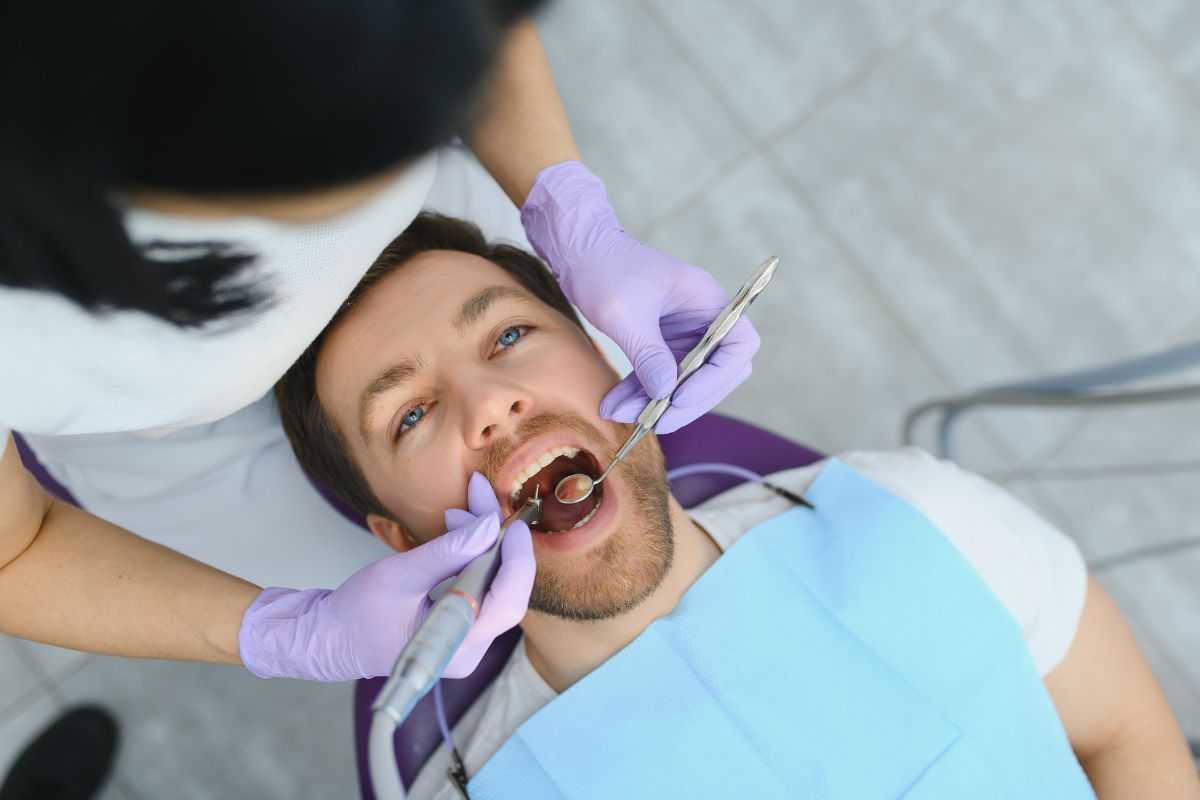
Composite vs. Amalgam Fillings: Which Is Better for Your Smile?
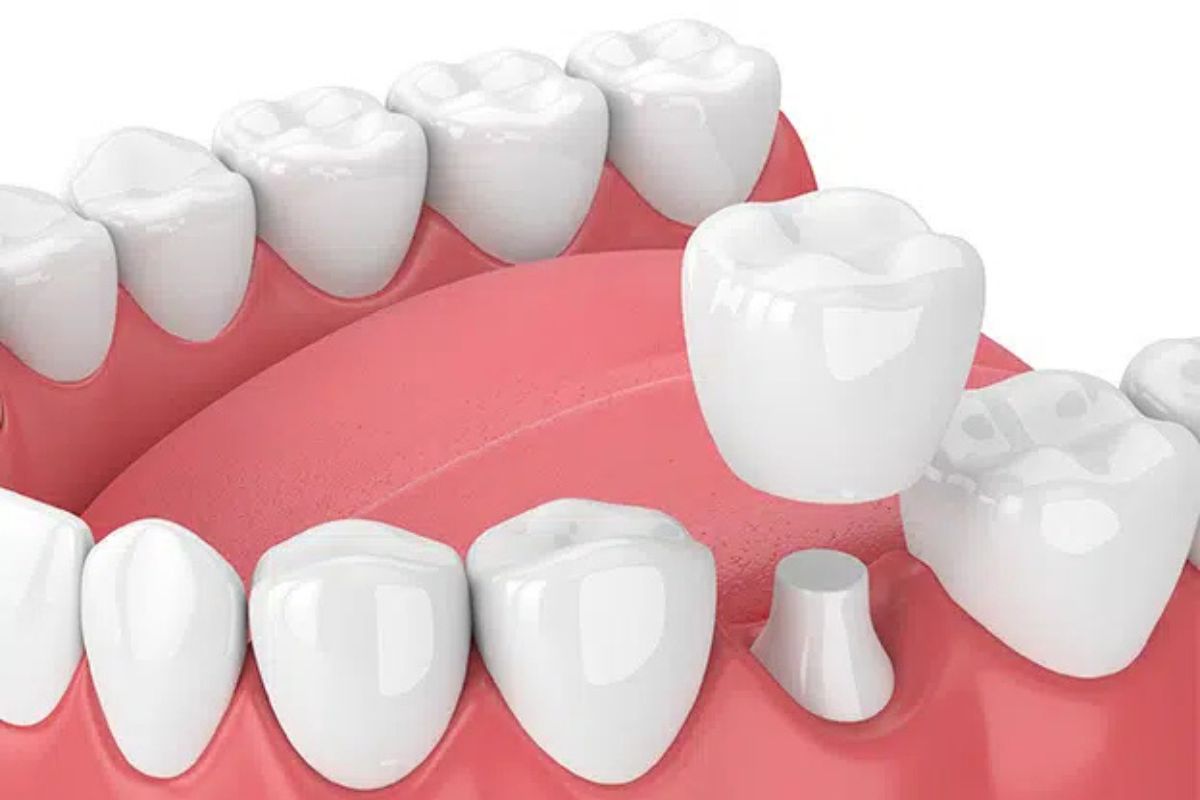
How to Know When Your Dental Crown Needs Replacement
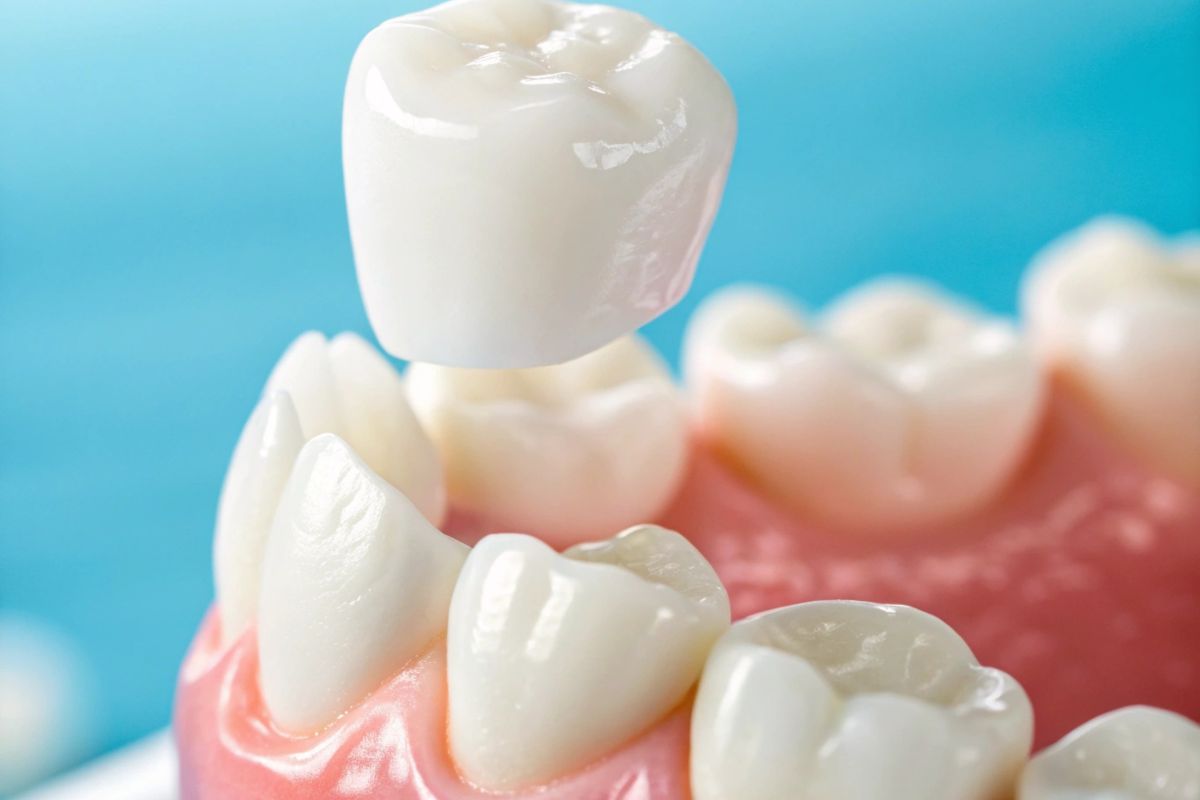
Dental Crown Problems & How to Fix Them
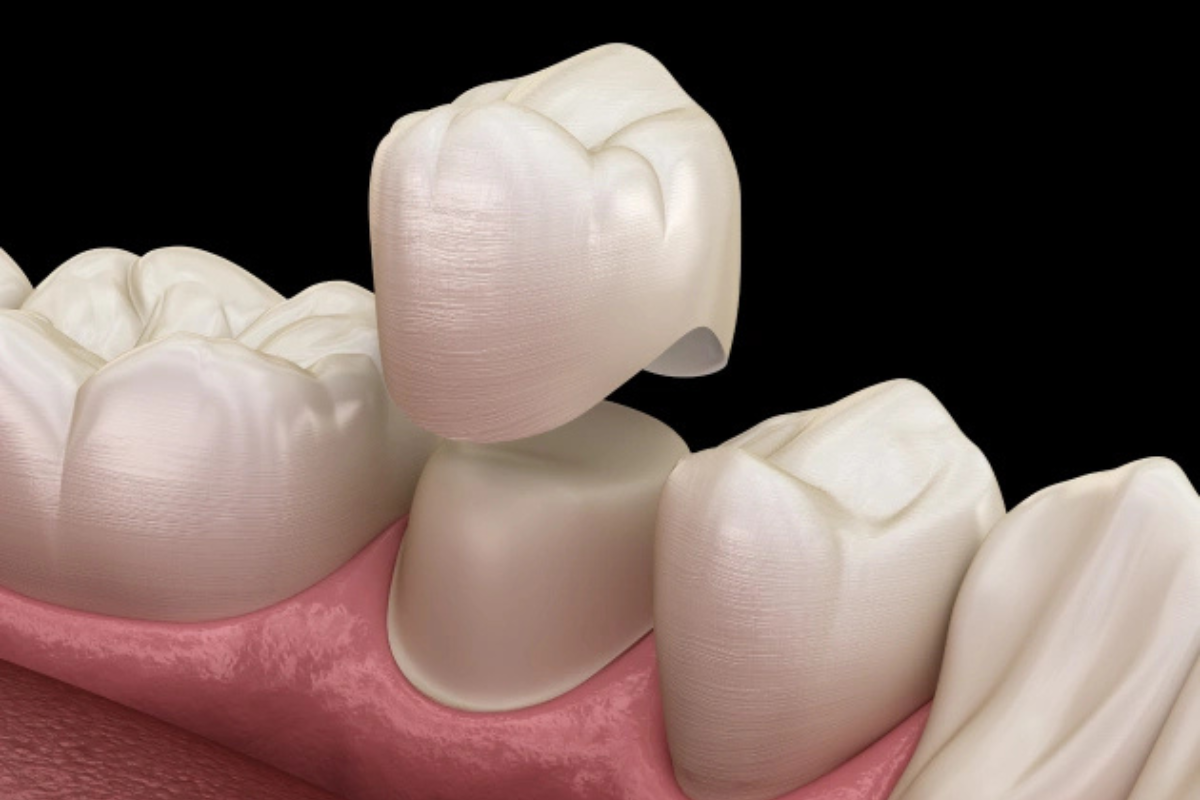
Caring for Your Dental Crowns: Do’s and Don’ts
